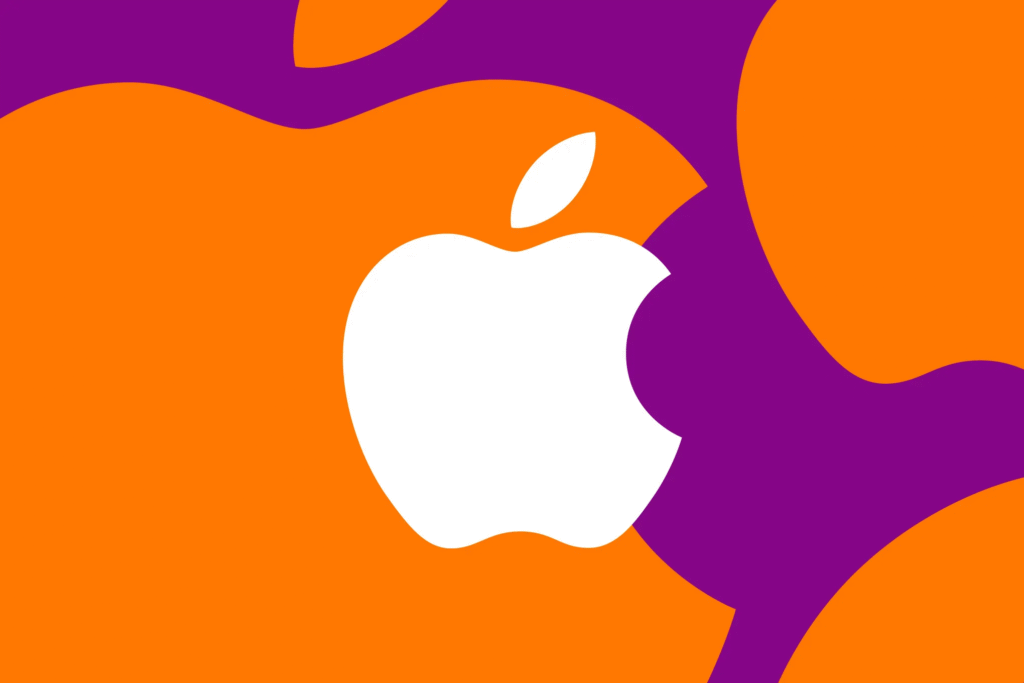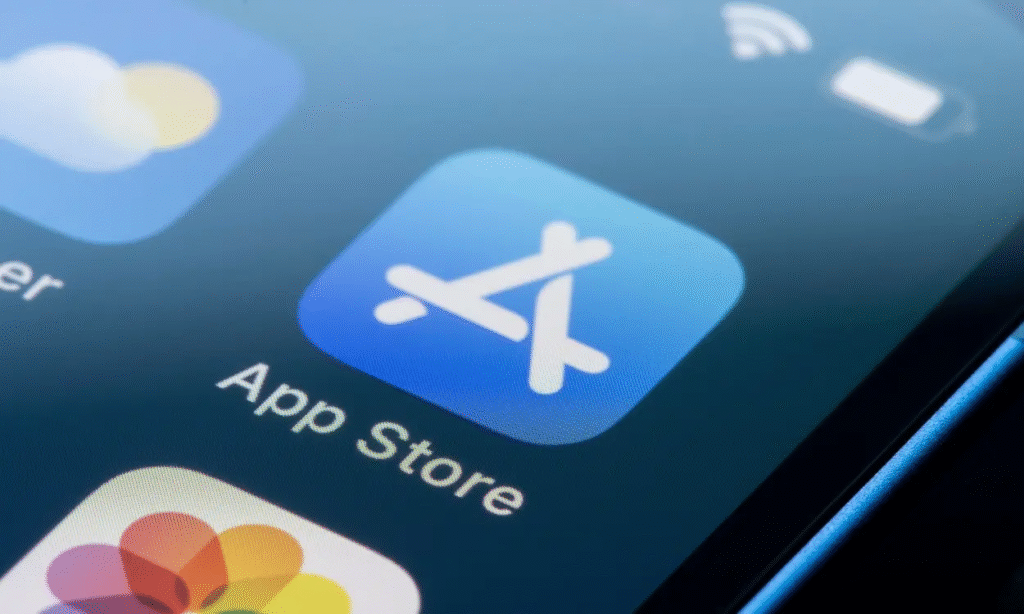A new law proposed in the United States could change how iPhone users download apps. The App Store Freedom Act, introduced by Florida lawmaker Kat Cammack, wants to break Apple’s control over the App Store. If passed, the bill would let Americans install apps from third-party stores, use cheaper payment methods, and delete Apple’s pre-installed apps like Safari.
This concept will be copying rules that exist in Europe, where the likes of App Store already permit other app stores. The idea is to offer the users additional selections and provide developers with an alternative to Apple’s prohibitive prices.

What the App Store Freedom Act Would Do
The bill targets big tech companies like Apple and Google. Here is what it requires
- Let users install apps from stores not owned by Apple
- Allow developers to use payment systems cheaper than Apple’s
- Let people delete Apple’s built-in apps like Weather or Podcasts
- Give third-party apps the same features as Apple’s apps
Apple currently charges developers up to 30% for in-app purchases. The bill would stop this, letting developers keep more money. It also stops Apple from punishing apps that use cheaper payment methods.
Why This Matters for iPhone Users
More Choices and Lower Prices
If the bill passes, iPhone users could
- Download apps from stores other than Apple’s App Store
- Pay less for subscriptions and in-app purchases
- Remove Apple apps they never use
For example, Spotify could sell subscriptions through its own payment system, avoiding Apple’s 30% fee. This might lower Spotify’s prices for iPhone users.
Apple’s Fight Against Similar Laws
Apple has fought hard against these changes. In Europe, Apple now allows third-party app stores but makes them hard to use. Developers must pay Apple fees even if they leave the App Store. The new US bill attempts to do this by compelling Apple to treat all apps equally.
Apple also claims that third-party shops pose a threat to the security of exposed users. However, Android phones do not have serious security issues in sideloading (installing apps from outside the Play Store).

What Happens Next
The bill requires to pass through the US house and Senate to become the law. This is a process that may span months to years. Apple will likely lobby against it and as it did in Europe.
In case the law takes effect, then Apple will be forced to make significant changes. The US courts already tell pressure on the company for unfair App Store rules. There is a new ruling in court that obliged Apple to allow external payment methods on app links, a small win for developers. Currently, iPhone users in Europe have more freedom than Americans. This bill might help to close that gap, but Apple will not lie down and accept it.





